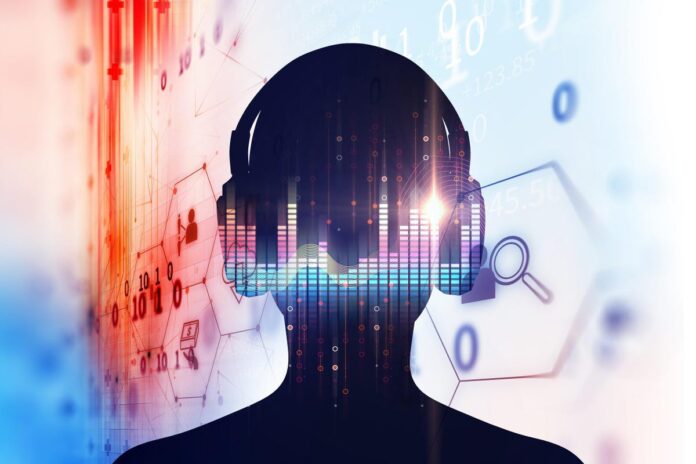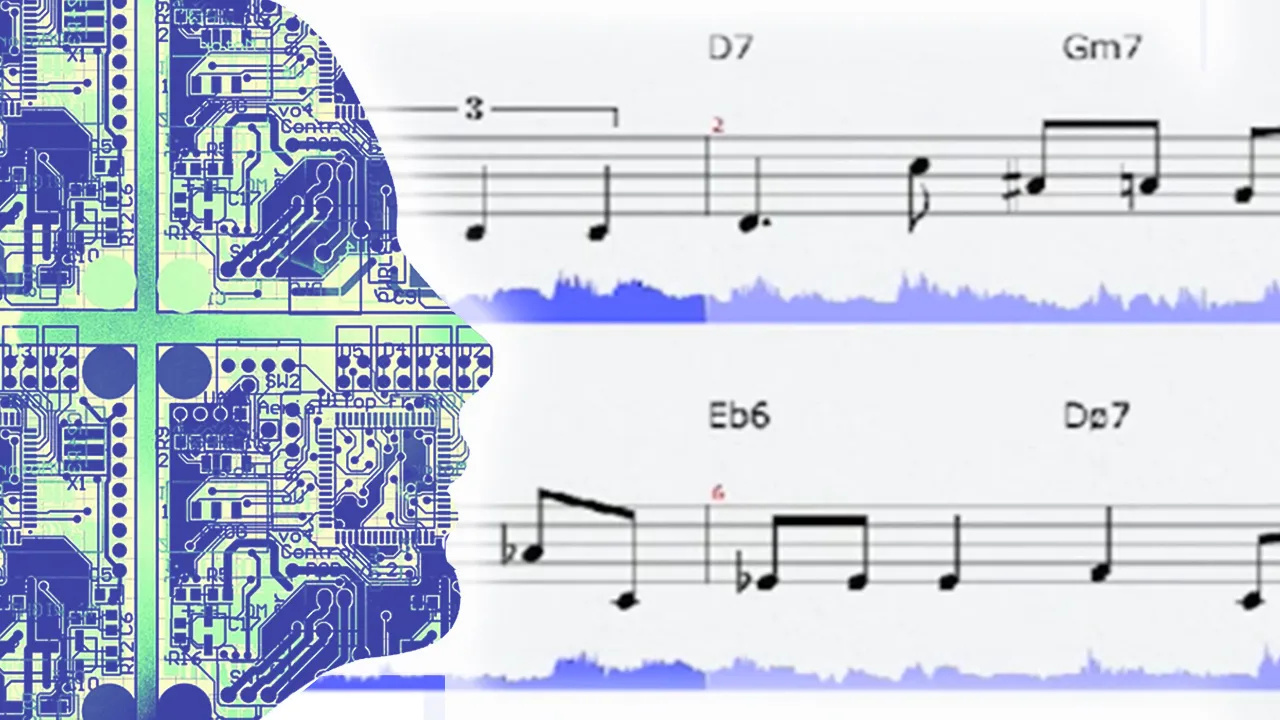Music has been an integral part of human culture for thousands of years, and the process of writing lyrics has been just as long-standing. But what if that process could be made easier and more accessible with the help of technology? With the advancement of artificial intelligence (AI), that future is now a reality.
One such example is Songhook.io, a service that uses AI algorithms to generate original lyrics for music. Whether you’re a solo artist looking for inspiration for your next hit song or a band in need of fresh lyrics for your album, Songhook.io has got you covered. The AI system is trained on a vast dataset of song lyrics and music, allowing it to understand the patterns, rhythms, and structures that make up successful songs. Simply provide the service with a few key details about the style, genre, and theme you’re looking for, and the AI will generate a selection of original lyrics for you to choose from.

But the benefits of AI in music lyric generation go beyond just ease and accessibility. With its ability to learn and adapt, technology has the potential to take the creative process to new heights. For example, Songhook.io’s AI system is also able to adapt to the specific needs and preferences of its users, meaning that they can fine-tune the lyrics to suit their own unique style and vision. Whether you’re looking for something upbeat and catchy or a more introspective and poetic approach, the AI has the flexibility and creativity to deliver exactly what you’re looking for.
However, the use of AI in music lyric generation is not without its challenges. One of the biggest concerns is the potential for AI-generated lyrics to lack the emotional depth and personal touch that comes from human-written lyrics. Critics argue that AI-generated lyrics may be grammatically correct and fit the structure of a song, but they lack the genuine emotion and creativity that sets great music apart.
Another challenge is the potential for AI to perpetuate harmful biases and stereotypes. This is because AI systems learn from the data they are trained on, and if that data contains biases, the AI will also exhibit those biases. In the case of music lyric generation, this could result in lyrics that are sexist, racist, or offensive in other ways. It’s important for AI developers and users to be aware of these issues and take steps to address them.

Despite these challenges, the potential benefits of AI in music lyric generation are too great to ignore. With its ability to generate new ideas and bring fresh perspectives to the creative process, AI has the power to revolutionize the music industry and bring new and exciting opportunities to artists and musicians. As the technology continues to evolve and improve, it’s likely that we will see an increased use of AI in the creation of music, including lyrics. This could lead to the development of entirely new forms of music, pushing the boundaries of what we consider to be possible.
In conclusion, the future of music lyric generation with AI holds immense potential, but it is crucial to approach it with caution and awareness of the potential challenges. It’s up to the developers and users of the technology to ensure that AI is used in a responsible and ethical manner, so that the benefits of this exciting new era of music creation can be fully realized.







